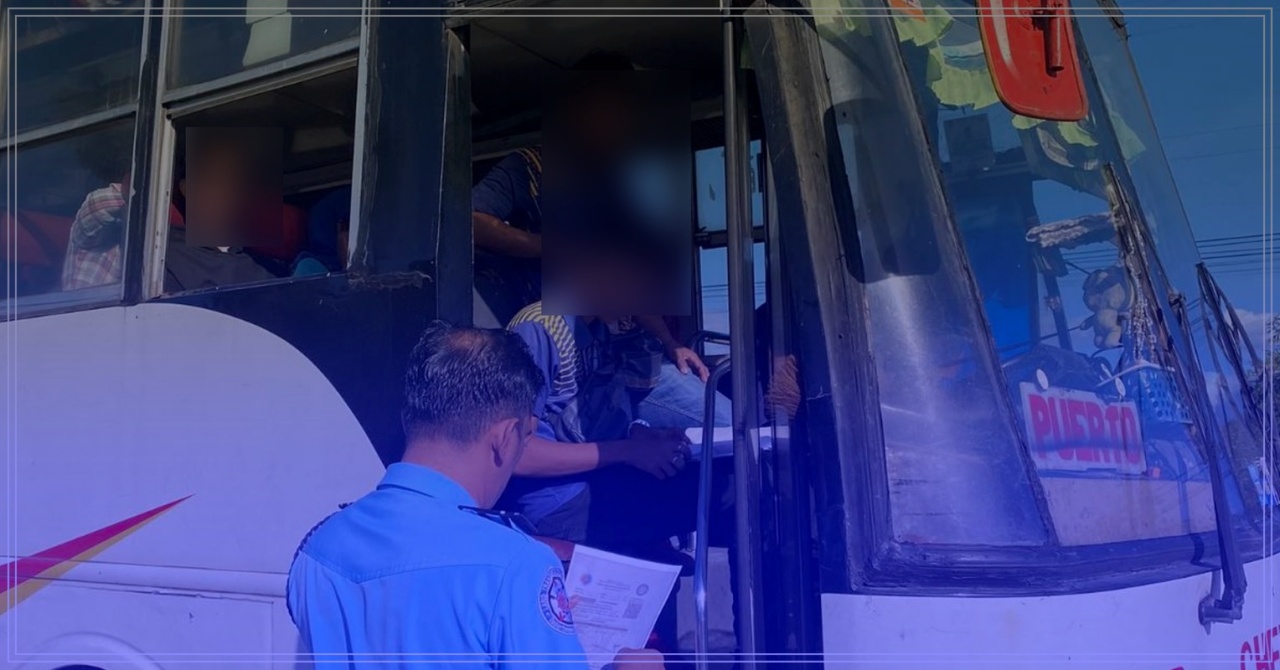The LTO Anti-Colorum Campaign is a government program aimed at regulating and promoting the safety of public transport services. It addresses the persistent issue of “colorum” vehicles—public utility vehicles operating without proper licenses or outside their approved routes.
This campaign benefits commuters by promoting safer transportation options and protecting their welfare. If you’ve ever worried about the safety of your ride or encountered transportation delays due to unregulated vehicles, this campaign directly impacts you.
With the Anti-Colorum Campaign, the government enforces strict measures, including roadside inspections and heavy penalties, to uphold compliance.

Understanding “Colorum” Vehicles
Colorum vehicles are unauthorized public utility vehicles (PUVs) operating without a valid franchise or operating outside their designated routes. These vehicles often bypass legal registration, posing risks to passenger safety and undermining the transport system.
Impact on Commuters
Riding colorum vehicles might save time in some cases, but they lack proper insurance coverage and safety standards. If accidents happen, passengers may have little to no protection.
Key Goals of the Anti-Colorum Campaign
- Passenger Safety
Ensuring that PUVs comply with safety standards to prevent accidents. - Regulation of Public Transport
Discouraging illegal operations by enforcing stricter regulations. - Improved Traffic Flow
Reducing congestion caused by unauthorized vehicles. - Support for Legitimate Operators
Protecting legitimate PUV operators by eliminating unfair competition.
How the Campaign Works
The Anti-Colorum Campaign employs several strategies, including:
- Roadside Inspections
Traffic enforcers conduct frequent checks to verify vehicle registration and compliance. - Hefty Penalties
Offenders face fines ranging from ₱50,000 to ₱1,000,000, depending on the type of vehicle and violation. - Confiscation of Vehicles
Authorities impound colorum vehicles, which can only be reclaimed after resolving legal and financial penalties. - Awareness Drives
Informative campaigns educate drivers and operators on legal requirements and penalties for violations.
Penalties for Violations
The penalties for operating colorum vehicles are severe and vary based on the type of vehicle:
- Sedans and similar vehicles: ₱50,000 fine
- Jeepneys: ₱120,000 fine
- Vans: ₱200,000 fine
- Buses: ₱1,000,000 fine
These penalties aim to deter illegal operators and emphasize the importance of adhering to regulations.
Who Benefits from the Campaign?
- Commuters
You’ll experience safer rides and more reliable transportation options. - Legitimate Operators
They receive fairer competition without being undercut by illegal operators. - Local Communities
Safer streets and smoother traffic benefit the community as a whole.
How You Can Support the Campaign
- Choose Licensed Vehicles
Always opt for registered and legal transportation services. - Report Violations
If you suspect a colorum vehicle, report it to the LTO or local authorities. - Stay Informed
Learn about legitimate transport services and their legal documentation to recognize violations.
Recent Updates
LTO Gears Up for Nationwide Crackdown on Colorum Vehicles and Expired Registrations
The Land Transportation Office (LTO) is preparing for a major crackdown on colorum public transport and overdue motor vehicle registrations across the country.
The LTO will be working with the Philippine Coast Guard and other law enforcement agencies to carry out the campaign.
The LTO will also coordinate with the Philippine National Police, local government units, and other stakeholders to ensure the success of the operation.
The LTO will conduct operations in cooperation with other government law enforcement agencies, and emphasized the importance of coordination with these agencies and units to ensure the success of the campaign.
This move aims to enforce the “No Registration, No Travel” policy and improve road safety nationwide. (Manila Bulletin)
Anti-Colorum Operations Yield P20.8 Million in Fines
The Department of Transportation (DOTr) is continuing its campaign against colorum public transport vehicles.
The campaign, which is being carried out by the Special Action and Intelligence Committee on Transportation (SAICT) in cooperation with the Land Transportation Office (LTO) and the Philippine Coast Guard (PCG), has already resulted in P20.8 million in fines for operators and drivers of colorum vehicles in December 2023.
The DOTr is committed to continuing these operations to protect the public and ensure a fair playing field for registered public transport operators.
The DOTr is urging the public to report any unauthorized transportation services to help them in their efforts to combat colorum operations.
The DOTr is also working to improve road safety and support the legal operation of registered public transport vehicles. (Business Mirror)
Government Steps Up Crackdown on Illegal Public Transport
President Ferdinand Marcos Jr. has ordered the Department of the Interior and Local Government (DILG) and the Philippine National Police (PNP) to intensify their crackdown on illegal public transport.
The president, recognizing the problem of “colorum” vehicles, wants to ease traffic congestion in the capital.
The DILG, PNP, Department of Transportation, and other agencies will work together to strengthen coordination and enforcement actions.
The Land Transportation Office (LTO) is working with law enforcement agencies to develop a comprehensive plan to eliminate colorum operations.
This move aims to improve road safety and create a fairer playing field for legal public transport operators. (Philstar)
Final Thoughts
The LTO Anti-Colorum Campaign is more than a government campaign—it’s a collective effort to make transportation safer and more efficient. By supporting legal operators, reporting violations, and choosing safety over convenience, you contribute to the success of this program.
Ask yourself: How can you prioritize safety in your daily commute? Let’s all make public transport a secure and reliable experience for everyone.